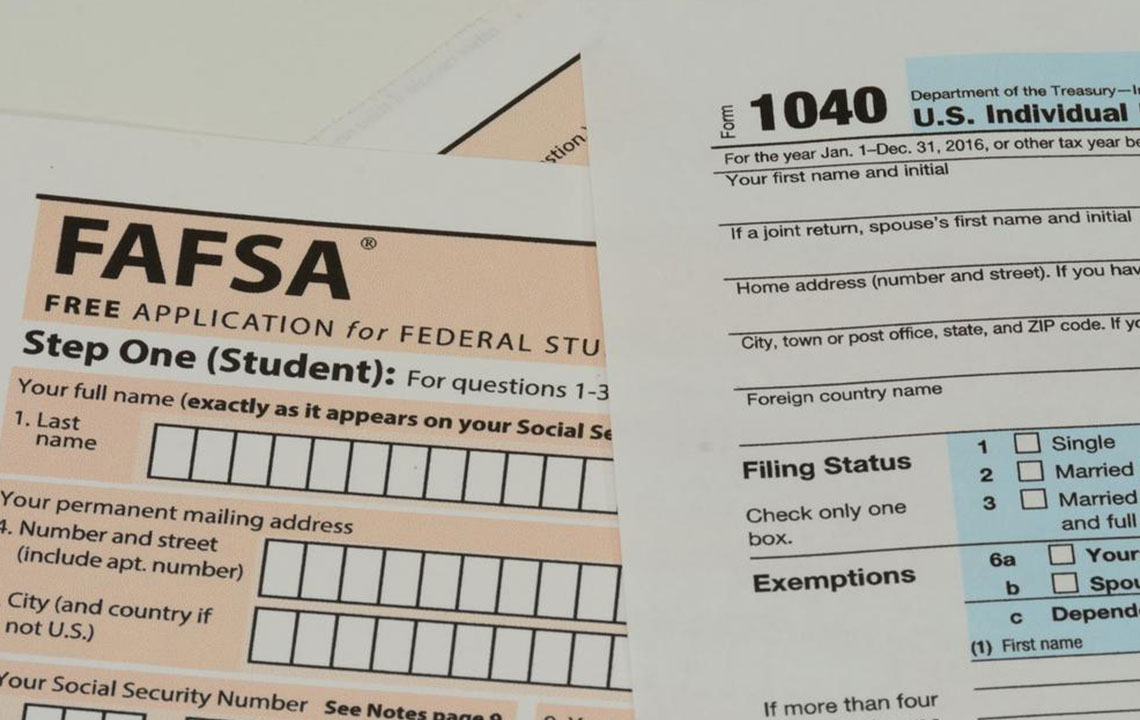Ultimate Guide to Online College Grants: Unlock Your Education Funding Opportunities
This comprehensive guide explores various online college grants, including need-based, merit-based, departmental, corporate, and professional organization awards. Learn how to navigate eligibility, application processes, and tips to maximize your funding opportunities. Online students can significantly benefit from understanding these options to reduce educational expenses and achieve academic success. Discover how to leverage grants tailored for remote learners and secure financial aid to support your higher education goals effectively.

Ultimate Guide to Online College Grants: Unlock Your Education Funding Opportunities
Securing funding for higher education can often be a daunting process for many students, especially those pursuing online degrees. Fortunately, various types of grants are available specifically for online college students, providing vital financial assistance without the burden of repayment. Unlike loans, grants are awarded based on merit or financial need, making them a preferred source of funding for many learners. This comprehensive guide will explore the different kinds of online college grants, eligibility criteria, application processes, and tips to maximize your chances of securing these valuable funds. Whether you’re a prospective student or currently enrolled, understanding these options can significantly ease your financial journey toward educational success.
Understanding College Grants and Their Significance
College grants are a form of financial aid designed to help students cover tuition fees, campus expenses, textbooks, and other related costs. Unlike student loans, grants do not require repayment, making them an ideal funding source for online learners. Due to the increasing popularity of online education, many institutions and organizations now offer tailored grant programs that recognize the unique challenges of remote learning. These grants not only alleviate financial stress but also open doors to quality education for students who might otherwise be unable to afford it. It’s essential to know that the eligibility criteria, application procedures, and the types of grants available can vary widely depending on the provider, whether it’s a government agency, private foundation, or corporate sponsor.
Categories of Online College Grants
Need-based Grants
Need-based grants are designed for students demonstrating significant financial need. These awards consider your family's income, assets, and overall financial situation to determine eligibility. Typically, students apply for these grants through the Free Application for Federal Student Aid (FAFSA®), which is the common gateway to most federal and state aid programs. The main aim is to bridge the gap between a student’s ability to pay and the total cost of attendance. Online students from low- to middle-income families frequently benefit from these grants, which can cover a substantial portion of their educational expenses. It’s important to complete the FAFSA accurately and submit it promptly to maximize your chances of receiving aid.
Merit-based Grants
Contrary to popular belief, merit-based grants are not exclusively reserved for students with perfect grades. Many programs are awarded for a broad range of achievements beyond academics, including leadership, community service, sports, arts, and other extracurricular pursuits. These grants recognize students' talents, dedication, and potential to excel in their chosen fields. Examples include athletic scholarships, artistic grants, and special talent awards. Online colleges often partner with organizations to provide such grants, enabling students to receive recognition and financial support for their unique skills and accomplishments.
Departmental and Program-specific Grants
If you're pursuing a particular major or specialization, departmental grants can be a crucial financial resource. Many colleges and universities offer scholarships or grants specifically dedicated to students within certain departments, such as business, engineering, education, or health sciences. Often, the application process involves contacting faculty advisors or departmental offices, which can provide tailored information and support. These grants may also extend to advanced degrees, offering opportunities for master's or doctoral students to secure funding for research, coursework, and fieldwork.
Corporate Sponsored Grants
Large corporations and corporations often sponsor grants or scholarships as part of their community engagement and branding efforts. These grants are typically targeted at specific demographics, such as dependents of employees, underrepresented groups, or students pursuing careers aligned with the company’s industry. Examples include programs from Coca-Cola, Walmart, and other multinational firms offering scholarships for online learners. Eligibility criteria usually involve both academic performance and affiliation with the sponsoring organization or its community. Participating in these programs can significantly reduce financial barriers and create networking opportunities with industry leaders.
Professional Association Grants
Many professional organizations in various fields offer scholarships, grants, and bursaries to support students’ educational pursuits. These are particularly beneficial for students aiming to establish careers in specialized industries such as healthcare, engineering, law, or technology. Membership in these associations often provides access to funding, mentorship programs, internships, and networking opportunities that complement financial aid. For online students, participating in relevant professional groups can open doors to exclusive grants and resources tailored for remote learners.
How to Maximize Your Chances of Securing Online College Grants
Applying for grants requires careful planning, organization, and persistence. First, thoroughly research available funding options offered by federal agencies, state programs, private foundations, and corporate sponsors. Keep track of application deadlines and required documents. Remember that many grants have specific eligibility criteria, so tailor your application to highlight your strengths, achievements, and financial circumstances. Preparing a compelling personal statement or essay can make a significant difference. Additionally, seek guidance from your college’s financial aid office, online forums, and mentors to refine your applications. Consistently applying for multiple grants increases your likelihood of success, providing a diverse portfolio of funding sources to support your education.
In Conclusion
Online college grants play a vital role in making higher education accessible and affordable for remote learners. From need-based aid to merit scholarships, departmental grants, corporate sponsorships, and professional organization support, there are numerous opportunities tailored to diverse student profiles. By understanding the types of grants available and following systematic application strategies, students can significantly reduce their financial burden and focus on achieving academic and career goals. Embrace the resources, stay proactive, and leverage your talents and circumstances to unlock the funding that will help you succeed in your online education journey.





